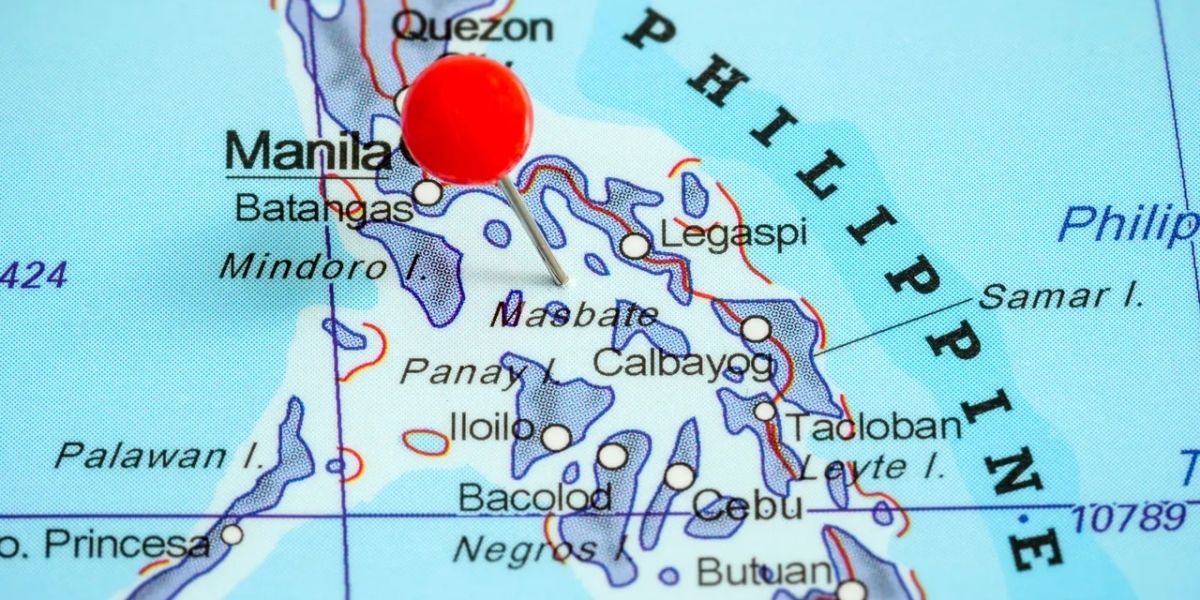Philippine President Ferdinand Marcos Jr. will "thoroughly evaluate" the recently ratified Konektadong Pinoy Act amid concerns raised by telecom operators in the country over its potential impact on national security and industry competitiveness.
The Konektadong Pinoy Act, also known as the Open Access in Data Transmission Act, aims to improve the quality and affordability of Internet services nationwide, and to expand Internet access, particularly in underserved areas.
The proposed bill seeks to remove barriers to entry in the telecom industry and encourage new providers to enter the market by simplifying the licensing process.
Last week, both houses of Congress ratified the Konektadong Pinoy bill, which is now awaiting President Marcos Jr.'s signature to become law. It is one of the Marcos administration's priority bills.
Presidential Communications Office Undersecretary and Palace Press Officer Claire Castro said in a press briefing in Manila on Monday that the Office of the President has yet to receive the final version of the bill for review.
"Let's expect that the President is listening to the potential issues concerning this bill," Castro said in Filipino. "But rest assured that he will evaluate every provision stated in the said Konektadong Pinoy bill."
Unresolved risks
The Philippine Chamber of Telecommunications Operators (PCTO) is calling for a comprehensive review of the Konektadong Pinoy bill, cautioning that certain provisions may weaken regulatory oversight and present dangers to national security and fair competition.
In a statement shared with local media on Thursday, the PCTO urged the administration to closely review the bill before signing it. The group asked that the bill's implementing rules establish clear and enforceable guardrails that promote real digital inclusion, ensure national security, and maintain a fair, future-ready industry.
"We support providing broader connectivity to all Filipinos. However, the bill lowers the bar for accountability and opens the country to risks tied to unregulated infrastructure and potential foreign control," PCTO President and Globe Telecom General Counsel Froilan Castelo said.
The PCTO is a group composed of the country's top telecom operators, including PLDT and Globe Telecom. It was established 22 years ago to represent the private telecom industry.
A key concern for the group is that Konektadong Pinoy will no longer require new data transmission companies to obtain a legislative franchise, also known as a Certificate of Public Convenience and Necessity (CPCN), to operate in the country.
The legislative franchise application process evaluates companies' financial soundness, technical capacity and cybersecurity readiness before they enter the domestic telecom market.
"This creates a two-tier system, [wherein] existing players remain subject to full regulation, while new entrants operate with fewer checks. That's a national security concern and a fairness issue," Castelo said.
The PCTO also expressed concern about the provision that exempts satellite operators from registering with regulators, particularly the National Telecommunications Commission (NTC).
"You cannot claim to be technology-neutral and at the same time give one technology free pass. The provision requiring the satellite services to apply for NTC spectrum use was removed in the final version, and that opens a dangerous backdoor," Castelo warned.
The group also criticized the provision that allows new industry entrants two years before they must comply with cybersecurity standards. Castelo said this is unacceptable, considering the security risks faced by public and private agencies.
The Philippine Association of Private Telecommunications Companies (Paptelco), an organization of independent telecom companies that provide connectivity in remote provinces, shared the same concerns as PTCO regarding certain provisions of the Konektadong Pinoy bill.
The group is asking President Marcos Jr. to veto the bill and submit a better version to the 20th Congress.
"The current bill is flawed with national security issues as well as the lack of protection for small players like us that are already providing service to rural areas. A new and better Konektadong Pinoy bill can be certified as urgent so we can still enact it into law this year," said Paptelco President Atty. Normandy Baldovino Jr., as quoted by the Manila Standard.
Meanwhile, PLDT also raised its concern about the proposed bill at the company's annual stockholders meeting last Wednesday, noting that certain provisions "could be exploited and could result in ruinous competition."
The dominant Filipino telecom company singled out the bill's open-access policy, which, among other things, requires existing operators to share their infrastructure with the new entrants.
"The telcos like us remain obligated to build infrastructure to support and to improve the service to our subscribers. There is no such obligation imposed on new entrants that are involved in data transmission," said a PLDT senior legal advisor to the chairman Marilyn Aquino, as quoted by the Philippine Star.
"They can come in, and the law opens all our assets to them for open access. So where is the symmetry there? What will it take for us to continue building, to follow our obligation under our franchise, to build infrastructure, if the infrastructure that we will build will just be open to these foreign players immediately? So that's what we want to avoid," she added.
Comprehensive reforms to open the market
According to Arsenio Balisacan, secretary of the Department of Economy, Planning, and Development (DepDev), the Konektadong Pinoy bill introduces comprehensive reforms designed to open the market, enhance competition, reduce network rollout costs, and increase the quality and availability of digital services.
"The Konektadong Pinoy bill is more than a telecommunications reform—it is an imperative for national development. By addressing long-standing barriers to access, affordability, and quality of internet services, the bill positions the Philippines to thrive in the digital age," Balisacan said in an opinion piece published by the Philippine Daily Inquirer last Thursday.
Samuel Jacoba, founding president of the National Association of Data Protection Officers, noted that the bill is a "courageous legal hammer that will smash the monopoly of big telcos which have lamentably neglected the full development of the Philippines' telecoms infrastructure for several decades."
While the telecom operators raised valid concerns, national campaigner for Digital Pinoys group Ronald Gustilo said there are ways to address them. He added that the government must ensure proper procurement and cybersecurity protocols are enforced, while connectivity expansion should not be monopolized by a few major players.
"We believe these [concerns] should not be used as smokescreens to resist greater public investment and accountability in the sector," he told the BusinessWorld. "The bill can serve as a catalyst for fairer competition by supporting smaller and community-based internet service providers. We must keep in mind that the digital divide is also a threat to national security."
The Philippines' government has been facing calls to introduce telecom reforms to close the broadband connectivity gap, which is one of the worst in Southeast Asia.
The World Bank said in a research note last year that the Philippines is "an outlier" among ASEAN nations in its neighborhood, with only a third of households enjoying access to fixed broadband, and just 70% of the population having an active mobile broadband subscription.









